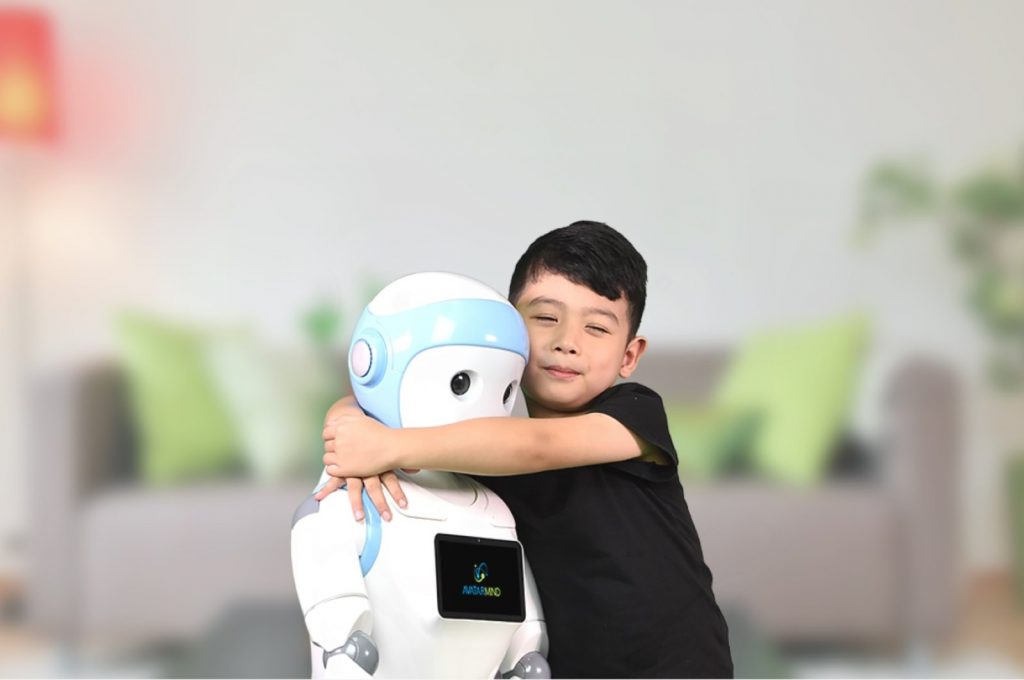AI Might Just Be Your Friend (For Now).

Despite much of the ‘AI is coming for our jobs’ doom-mongering (which is somewhat justified), I’ve begun to think that Artificial Intelligence is impacting the creative process in valuable ways that aren’t going to threaten creative jobs anytime soon.
You may have noticed that creatives have much, much more work to do these days. Campaigns that used to require TV with a bit of press, or three radio ads and a poster, are now expected to hit every touchpoint, from social, to experiential, via the aforementioned TV, press, radio and posters, along with an idea for a podcast, app, content series and all that other jazz that MUST be presented but rarely gets made.
In addition, initial ads are no longer pen-and-ink scamps. They are now fully rendered visuals, aided by Midjourney and Photoshop, which takes much more time, especially when the inevitable ‘notes’ come in.
Scamps are now so executional, they heavily suggest that they are the finished ad, leaving them vulnerable to criticism over the colour of clothes, the degree of smile, or the amount of shadow.
And of course, there are far more stages of approval, with creative departments often consisting of several layers, before reaching several layers of ‘internal stakeholders’ (strategy, account, new biz, legal etc.) and several layers of clients. Each of these layers will need a new deck, before offering notes, requiring revisions and demanding a great deal of time and effort from the creatives who, may I remind you, never used to have to do any of that stuff.
So where does AI come in? Well, when you have to produce a lot of work, for a lot of people, through a lot of stages, in a lot of decks, you have to make decisions about how to allocate your ever-more-depleted resources of time and attention.
Sure, you’d like to take another day to hone the script, but there are Instagram Carousels waiting to be rendered, and micro-influencer write-ups on the to-do list. Turning up with a script that is now 8/10 instead of 6.5, but with zero social posts is not going to fly, so what do you do?
Before AI, the answer was ‘make it all relatively mediocre because there isn’t enough time to improve everything, and all media options much be covered’. Now, however, the answer might be ‘Chat GPT: based on this idea, give me a write-up of how it might be expanded into micro influencer campaigns for TikTok and Snap, with ten ideas for experiential events’ (reminder: very few of which are actually getting made, but every deck must be filled).
That leaves creative jobs safe (or safer), because a) The proper work will be better when you can buy yourself a few more hours by farming out the busywork to Open AI, and b) As far as anyone knows, the creative is doing just as much work as before, and is thus still valuable.
Sure, there are a few holes in this plot: sometimes, social ads do require ‘proper’ creativity, so you can’t always palm them off onto a computer; all AI suggestions need to be finessed/redone/messed with, which takes up valuable time; and if enough people do this, there will start to be a depressing homogeneity of solutions (although I think that ship sailed around 2015).
That said, this is all a function of too much work for too little time, so maybe the answer ought to be addressing how that came to be the case, rather than blaming creatives for finding a creative solution to a daft problem.
I think I’ll end by saying that AI often writes functional, descriptive, box-ticking prose better than many creatives, so if it is used for those pesky deck paragraphs, maybe we all win. Taking time to craft that kind of writing is another misuse of the hours that should be dedicated to the central concept, or a TV script that will actually be seen by a consumer, so if AI can step in with some decent assistance, maybe we should thank it (slightly).
Perhaps I’m being optimistic, and like I said, I’d rather the problem didn’t exist, but here we are. Until it becomes our sworn enemy, maybe you should allow AI to become your sort-of friend.